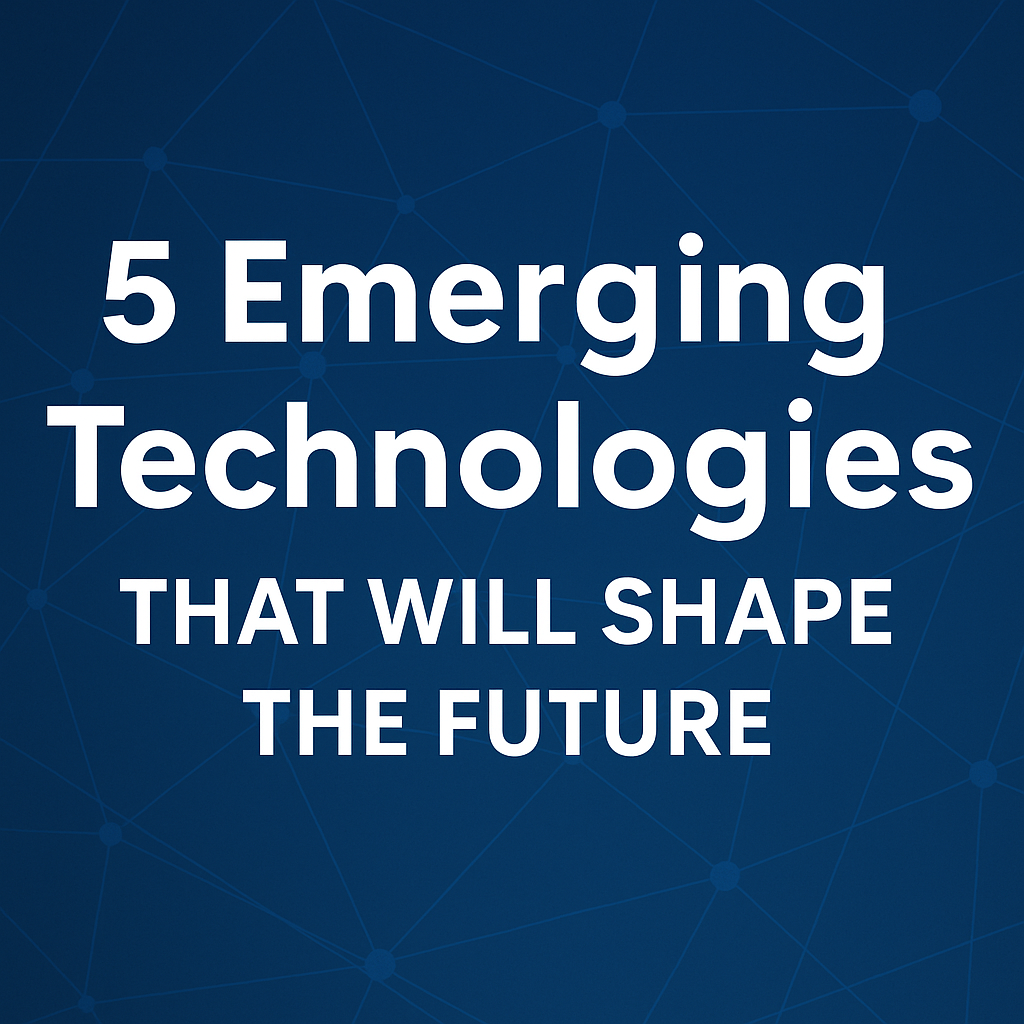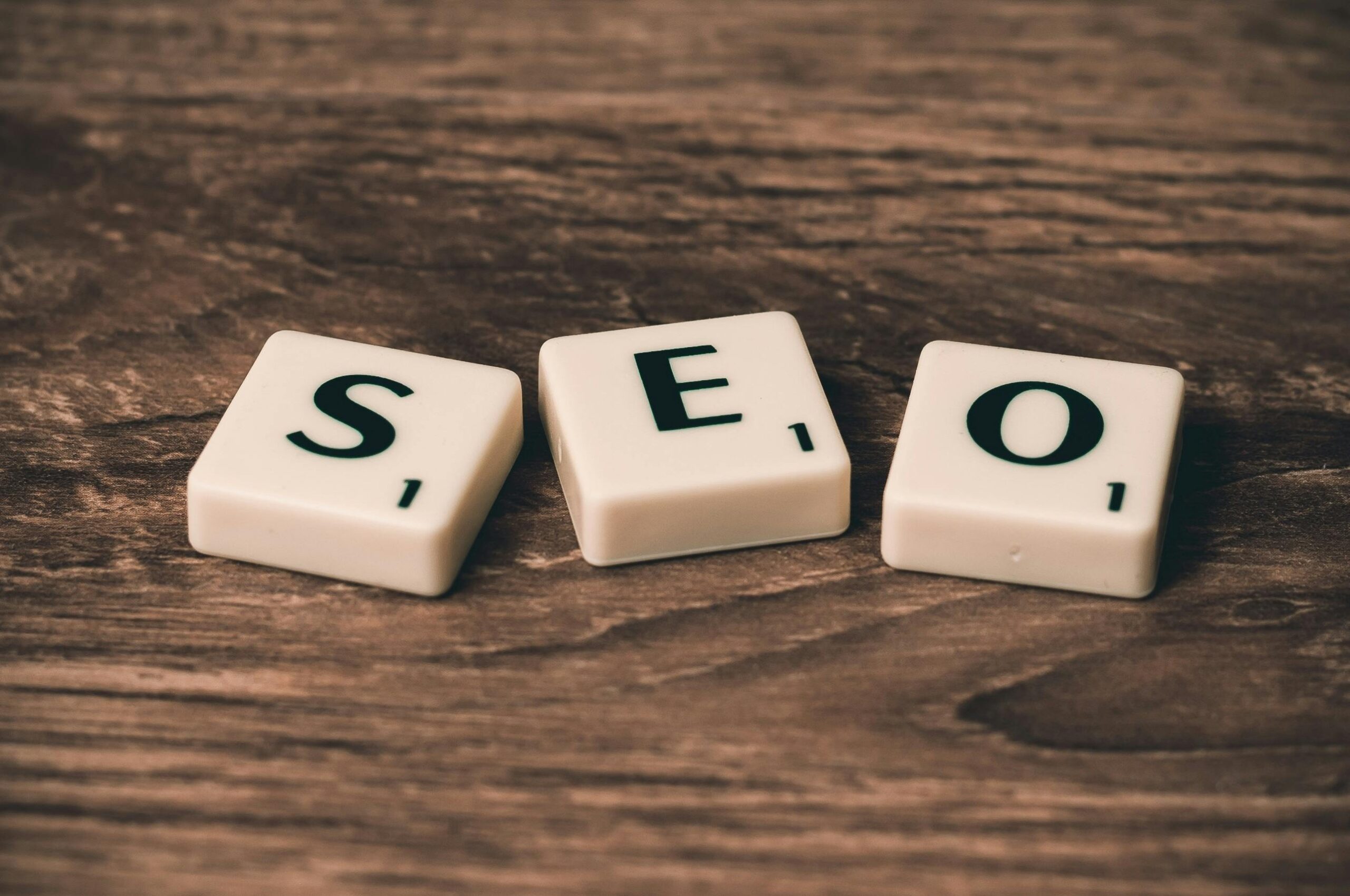Introduction
Technology is evolving at an unprecedented pace, with innovations transforming how we live, work, and interact. As we step further into 2025, several emerging technologies are poised to revolutionize industries and redefine our daily lives. In this post, we explore five cutting-edge technologies that are not only promising but are already starting to make a tangible impact.
1. Artificial Intelligence (AI) and Machine Learning (ML)
AI is no longer a futuristic concept—it’s here and expanding rapidly. From personalized recommendations on streaming platforms to autonomous vehicles and intelligent virtual assistants, AI and ML are powering everything.
- Real-world Impact: AI in healthcare is improving diagnostics, while ML models are predicting market trends and consumer behavior.
- Future Potential: Expect hyper-personalized AI experiences, AI-driven automation in business, and even AI content creation.
2. Quantum Computing
Quantum computing is set to revolutionize computing power. Unlike classical computers, quantum machines use qubits, allowing them to process massive data sets exponentially faster.
- Why It Matters: It can solve complex problems in minutes that would take supercomputers thousands of years.
- Future Outlook: In 2025 and beyond, quantum computing could reshape fields like cryptography, logistics, and pharmaceutical research.
3. Extended Reality (XR) – AR, VR & MR
Extended Reality is reshaping entertainment, education, and the workplace. Augmented Reality (AR), Virtual Reality (VR), and Mixed Reality (MR) are offering immersive experiences.
- Popular Applications: Virtual meetings, AR-based learning, and immersive gaming.
- Coming Soon: Virtual shopping, virtual tourism, and XR-powered social media platforms.
4. 6G Technology
While 5G is still rolling out globally, the groundwork for 6G is already in motion. 6G is expected to deliver data speeds up to 100 times faster than 5G.
- Benefits: Real-time holographic communication, enhanced IoT connectivity, and smart cities.
- Prediction: 6G will empower the seamless integration of physical and digital worlds by the 2030s, but early developments are expected by the end of this decade.
5. Blockchain and Decentralized Technologies
Beyond cryptocurrencies, blockchain is transforming data storage, supply chain management, identity verification, and digital voting.
- Current Use Cases: NFTs, decentralized finance (DeFi), and transparent record-keeping.
- Future Trend: Web3 and the decentralization of internet infrastructure are becoming central to online privacy and data ownership.
Conclusion
From AI to 6G and blockchain, the future of technology is not just fast—it’s intelligent, immersive, and interconnected. Staying updated with these trends will help individuals and businesses adapt, innovate, and lead in the digital future.





